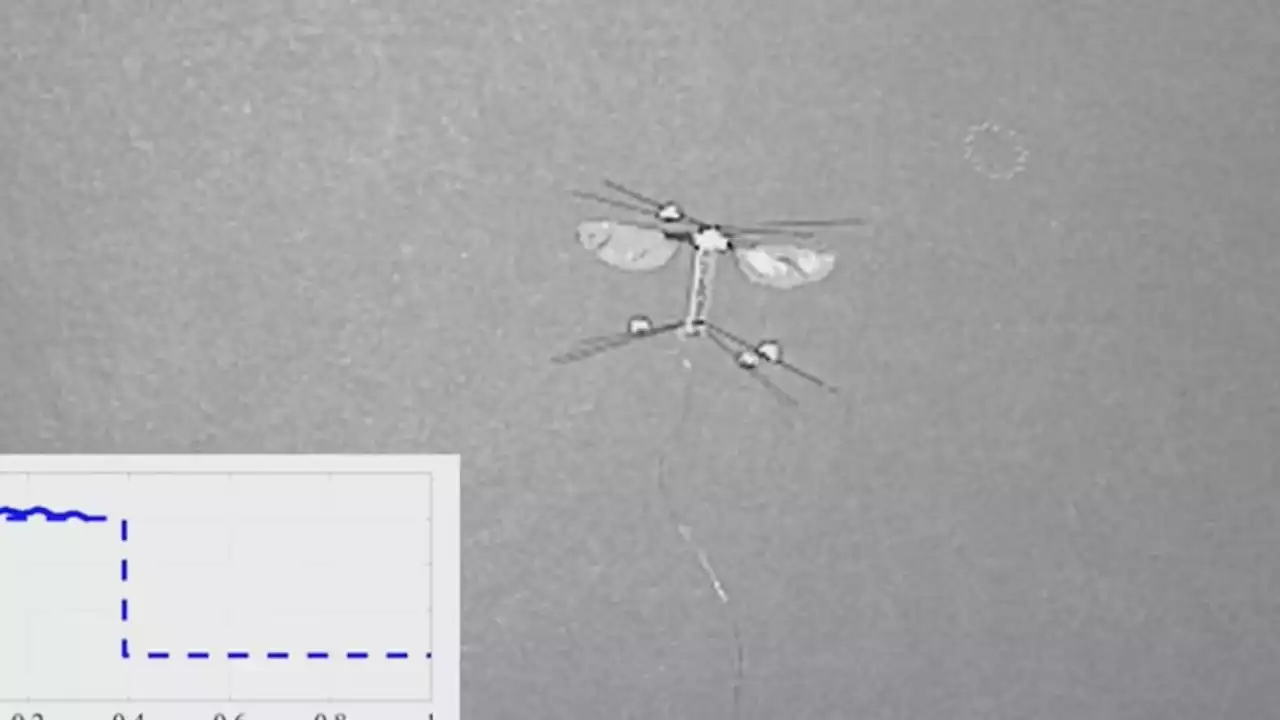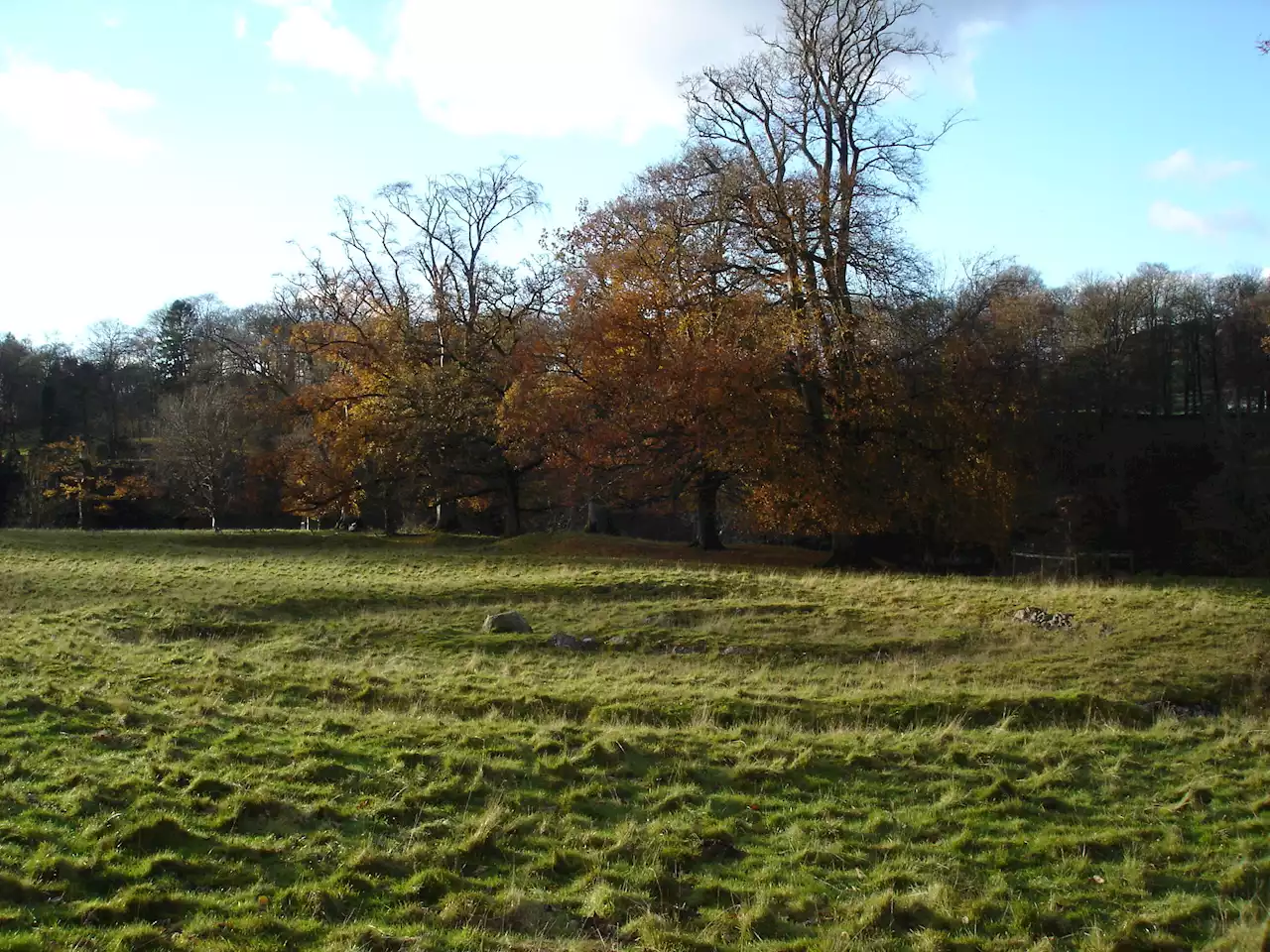DNA from 4,000-year-old plague discovered—the oldest cases to date in Britain thecrick NatureComms
Levens Park ring cairn in Cumbria, UK. To the right of the solitary large boulder is a circular penannular ring with three ~4,000 year old female inhumation burials, one of which carried Yersinia pestis DNA sequenced in the present study. Credit: Ian Hodkinson
They took small skeletal samples from 34 individuals across the two sites, screening for the presence of Yersinia pestis in teeth. This technique is performed in a specialist clean room facility where they drill into the tooth and extract dental pulp, which can trap DNA remnants of infectious diseases.
The plague has previously been identified in several individuals from Eurasia between 5,000 and 2,500 years before present , a period spanning the Late Neolithic and Bronze Age , but hadn't been seen before in Britain at this point in time. The wide geographic spread suggests that this strain of the plague may have been easily transmitted.
The individuals identified all lacked the yapC and ymt genes, which are seen in later strains of plague, the latter of which is known to play an important role in plague transmission via fleas. This information has previously suggested that this strain of the plague was not transmitted via fleas, unlike later plague strains such as the one that caused the Black Death.
México Últimas Noticias, México Titulares
Similar News:También puedes leer noticias similares a ésta que hemos recopilado de otras fuentes de noticias.
 The Silent Whisper of Death: 4,000-Year-Old Plague DNA Found in BritainIn a significant discovery, researchers from the Francis Crick Institute, in collaboration with the University of Oxford, the Levens Local History Group, and the Wells and Mendip Museum, have identified the oldest evidence of the plague in Britain to date. The team found three 4,000-year-old cases o
The Silent Whisper of Death: 4,000-Year-Old Plague DNA Found in BritainIn a significant discovery, researchers from the Francis Crick Institute, in collaboration with the University of Oxford, the Levens Local History Group, and the Wells and Mendip Museum, have identified the oldest evidence of the plague in Britain to date. The team found three 4,000-year-old cases o
Leer más »
 WSU researchers creating buzz with new robotA team at Washington State University developed a robotic bee that can fly in all directions, just like the real thing.
WSU researchers creating buzz with new robotA team at Washington State University developed a robotic bee that can fly in all directions, just like the real thing.
Leer más »
 New York City is slowly sinking, researchers sayWhile the process is slow, parts of the city will eventually be under water, said lead researcher Tom Parsons of the U.S. Geological Survey.
New York City is slowly sinking, researchers sayWhile the process is slow, parts of the city will eventually be under water, said lead researcher Tom Parsons of the U.S. Geological Survey.
Leer más »
 AI in dentistry: Researchers find that artificial intelligence can create better dental crownsResearchers from the University of Hong Kong developed an AI algorithm that uses 3D machine learning to design personalized dental crowns with a higher degree of accuracy than traditional methods.
AI in dentistry: Researchers find that artificial intelligence can create better dental crownsResearchers from the University of Hong Kong developed an AI algorithm that uses 3D machine learning to design personalized dental crowns with a higher degree of accuracy than traditional methods.
Leer más »
 Researchers Discover Brain Abnormalities Linked to SIDSResearchers have discovered specific brain abnormalities in babies who died of sudden infant death syndrome, or SIDS.
Researchers Discover Brain Abnormalities Linked to SIDSResearchers have discovered specific brain abnormalities in babies who died of sudden infant death syndrome, or SIDS.
Leer más »
